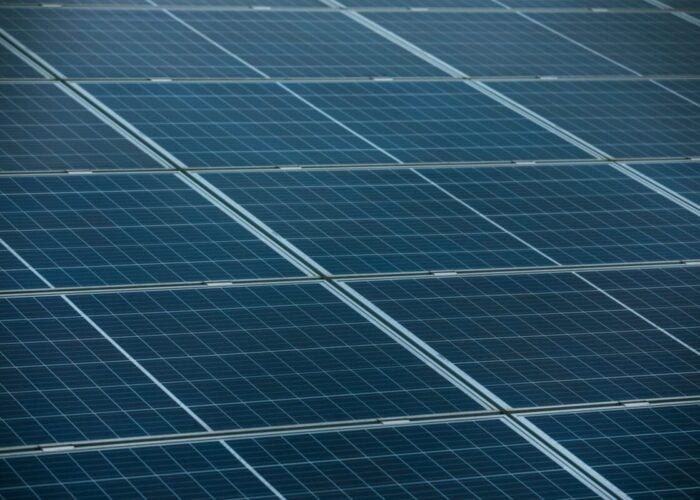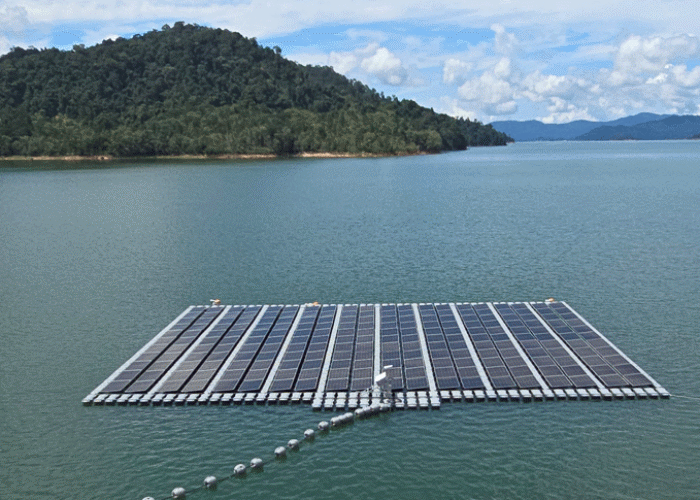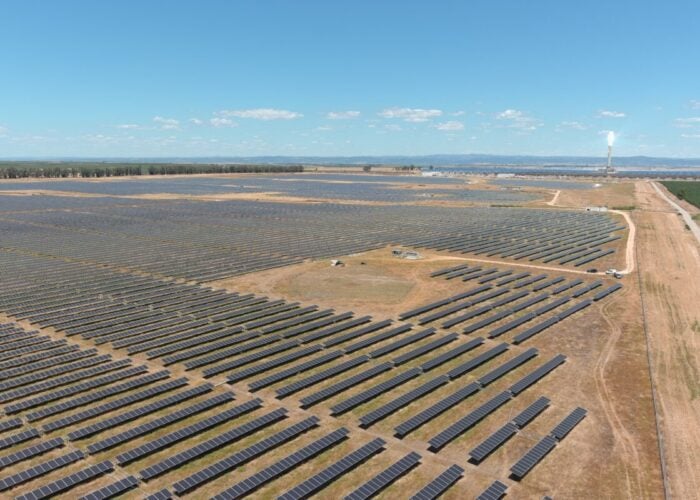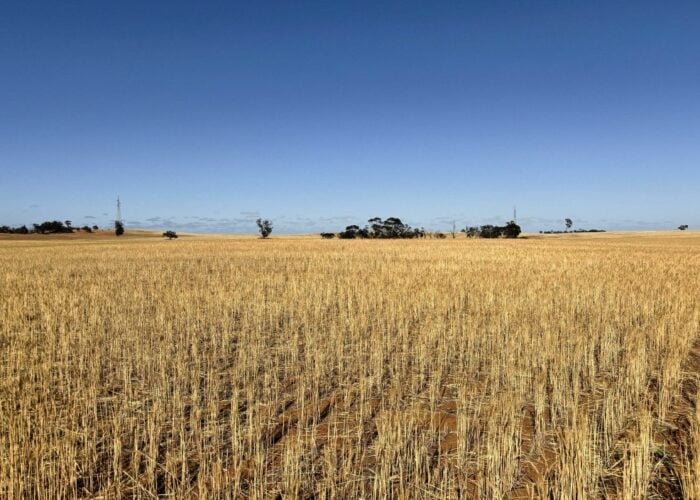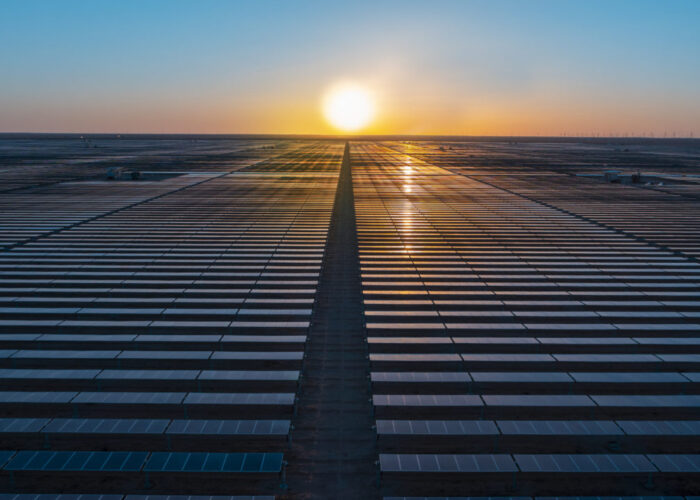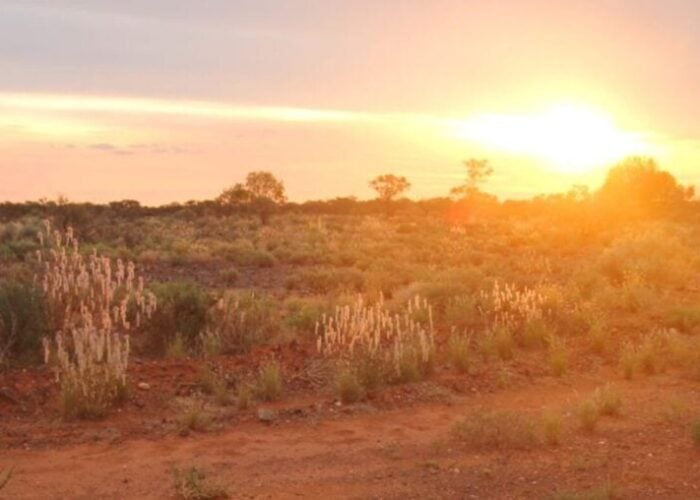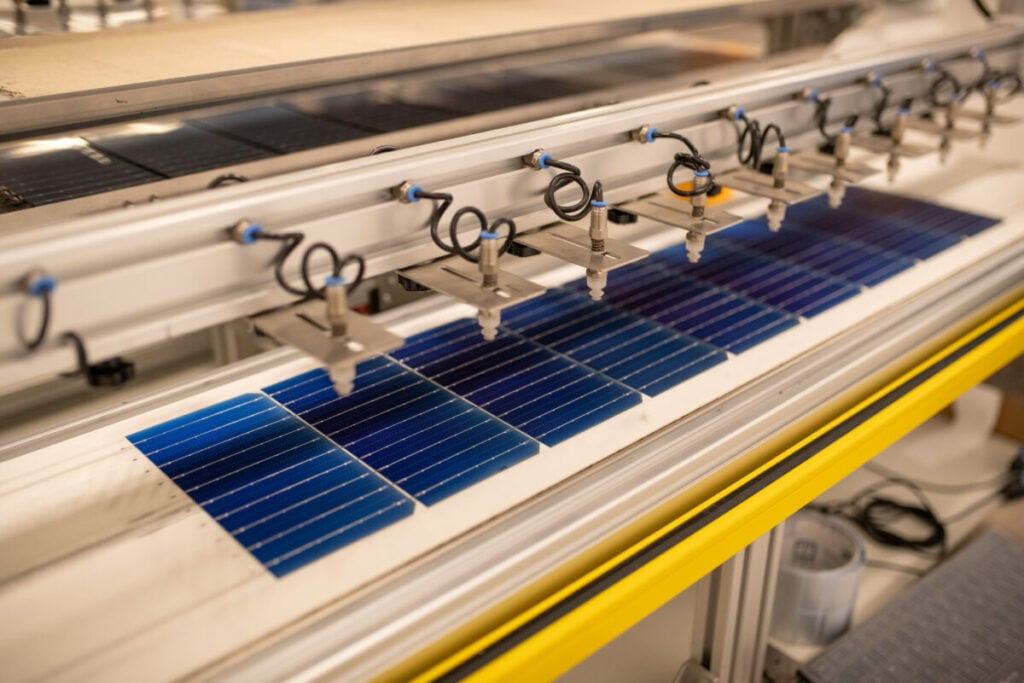
National Party of Australia senator Ross Cadell has questioned whether Australia’s Solar Sunshot initiative promotes a ‘Made in Australia’ solar industry.
Commenting on the Federal government’s flagship solar initiative, which has seen AU$550 million (US$362 million) in funding allocated to support domestic module manufacturing, Cadell raised the concerns in a recent Senate Estimates hearing.
Unlock unlimited access for 12 whole months of distinctive global analysis
Photovoltaics International is now included.
- Regular insight and analysis of the industry’s biggest developments
- In-depth interviews with the industry’s leading figures
- Unlimited digital access to the PV Tech Power journal catalogue
- Unlimited digital access to the Photovoltaics International journal catalogue
- Access to more than 1,000 technical papers
- Discounts on Solar Media’s portfolio of events, in-person and virtual
Cadell questioned ARENA CEO Darren Miller, who had recently spoken with PV Tech about the Solar Sunshot initiative, on whether successful applicants to the programme would assemble PV modules using foreign parts.
Miller responded, highlighting to the committee that the programme aims to help Australia take the first step into manufacturing solar PV technology. He added: “If that first step happens to be the assembly of modules because it’s the easiest, cheapest and most competitive thing we could do, well that may be something that is worthwhile doing.”
The Solar Sunshot initiative opened in August 2024 and is split into two rounds. Round 1A, with an allocation of AUS$500 million, is intended to support innovation in solar PV manufacturing, focusing on modules, inputs to modules, and deployment systems. Round 1B, on the other hand, will allocate funds from a pool of AUS$50 million for solar PV manufacturing studies, including feasibility and engineering studies.
The Australian government also launched a complementary programme, the Solar ScaleUp Challenge, in June 2024. Whereas Sunshot focuses on domestic module manufacturing, ScaleUp delves into the deployment of solar modules.
Miller also emphasised to the committee that it is too early to tell what is good or bad for the initiative and Australia’s manufacturing industry.
“We’re open-minded as to what we see come forward in this programme and it’s too early to start reaching conclusions about what is good or bad in terms of the pipeline,” Miller said.
Inside the Solar Sunshot initiative
Readers of PV Tech will likely be aware of Australia’s Solar Sunshot programme, which has been billed as the country’s answer to the US Inflation Reduction Act. It supports the government’s aim to turn Australia into a “renewable energy superpower”.
Alongside the complementary Solar ScaleUp Challenge, which ARENA also administrates, it is hoped that the two will help Australia achieve the Ultra Low-Cost Solar (ULCS) concept, which envisages a ‘30-30-30’ approach to solar, representing 30% solar module efficiency and an installed cost of 30 cents per watt by 2030.
One of the key aspects of the Solar Sunshot initiative, and something Miller was keen to highlight in our recent PV Tech Power article on the Solar Sunshot programme, is that it is not designed to compete with China but to bolster Australia’s manufacturing capabilities to boost global decarbonisation efforts.
“The programme’s aim is not to produce solar panels that are much cheaper than China; it’s just not realistic. We don’t expect that we will supply all of our own products. We’re still hoping for and expecting that the current good trading relationship with China can continue indefinitely,” Miller said.
“It’s much more of a collaboration rather than a competition. It’s not about isolation; it’s about global trading, strong global trade, and relationships that are established through this programme.”
Miller believes that China, with its vast economic and natural resources, holds a near monopoly in many vital supply chains, enabling the energy transition. For this reason, bolstering Australia’s own supply chains could help protect it from geopolitical tensions.
“The initiative is not about creating cheaper solar PV modules than China; it’s about having some sovereign capabilities and resilient supply chains in case of shocks, like we saw during COVID, where supply chains had to shut down because of concentration issues,” Miller said.

